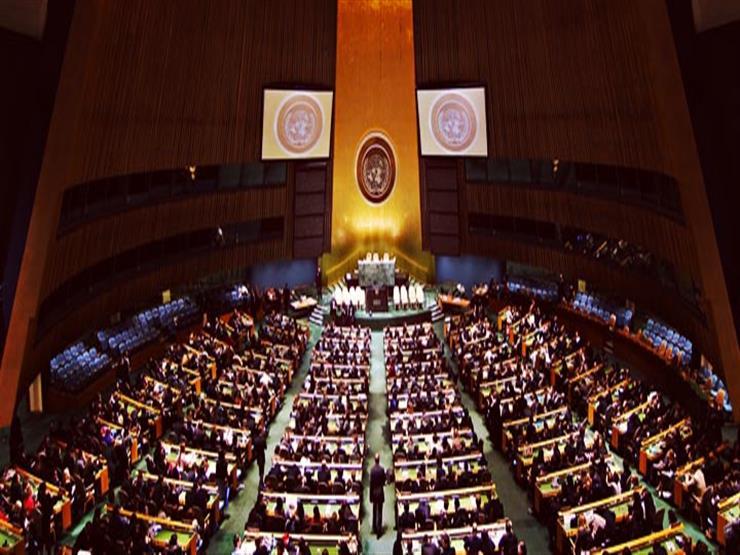Syrian Arab Republic since March 2011 for submission to the General Assembly pursuant to Assembly resolution 71/248, paragraph 50 of the report of the SecretaryGeneral on the implementation of the resolution establishing the Mechanism (A/71/755) and paragraph 37 of Assembly resolution 75/193.
March 11, 2021

United Nations | General Assembly
Note by the Secretary-General
The Secretary-General has the honour to transmit to the General Assembly the
seventh report of the International, Impartial and Independent Mechanism to Assist in
the Investigation and Prosecution of Persons Responsible for the Most Serious Crimes
under International Law Committed in the Syrian Arab Republic since March 2011.
Summary
The present report is the seventh prepared by the International, Impartial and Independent Mechanism to Assist in the Investigation and Prosecution of Persons Responsible for the Most Serious Crimes under International Law Committed in the
Syrian Arab Republic since March 2011 for submission to the General Assembly pursuant to Assembly resolution 71/248, paragraph 50 of the report of the SecretaryGeneral on the implementation of the resolution establishing the Mechanism (A/71/755) and paragraph 37 of Assembly resolution 75/193. The Mechanism has established itself as a key actor in efforts towards justice for serious international crimes committed in the Syrian Arab Republic since March 2011.
The Mechanism, although negatively affected by the coronavirus disease (COVID-19) pandemic and the United Nations liquidity situation and subsequent hiring fre eze, has nevertheless advanced on all prongs of its mandate by refining existing remote working methods and adopting new ones and by allocating limited resources strategically. The Mechanism’s central repository of information and evidence continues to expand. Faster and more automated processing capabilities have increased the searchability of the data in support of the ongoing work of competent jurisdictions and of longer-term justice efforts. Evidentiary modules designed to facilitate proof of contextual elements of core international crimes, including analysis to support charges of war crimes, have been shared with jurisdictions upon request and on the Mechanism’s own initiative. Simultaneously, the Mechanism has continued to broaden its engagement with Syrian civil society actors to better understand the needs of the communities that it aims to serve. This has included focused consultations on the Mechanism’s gender strategy.
Report
⇓

